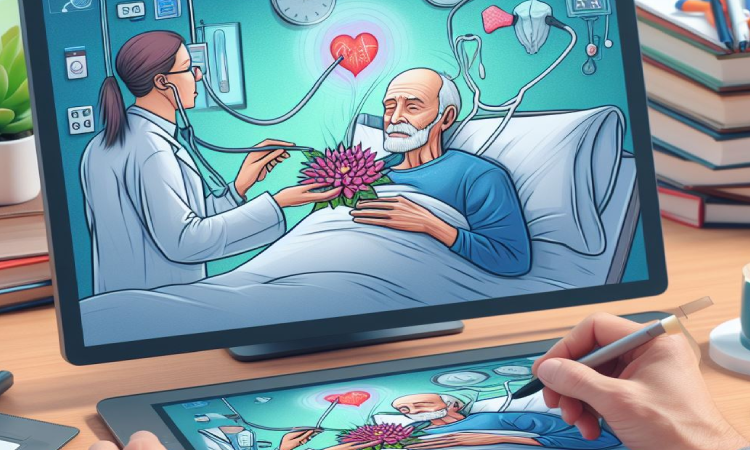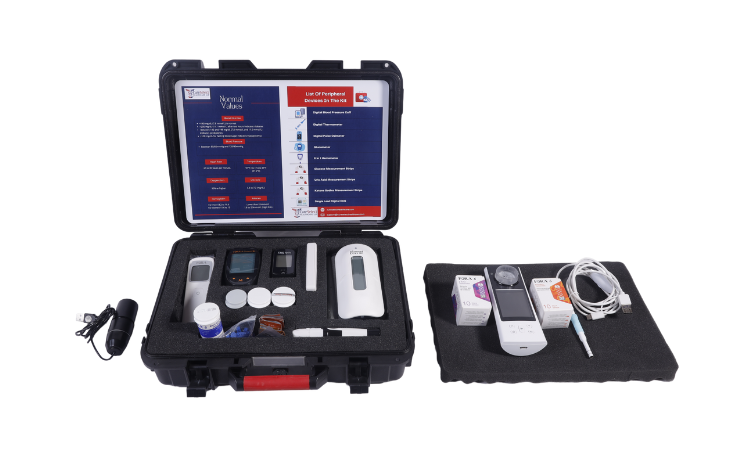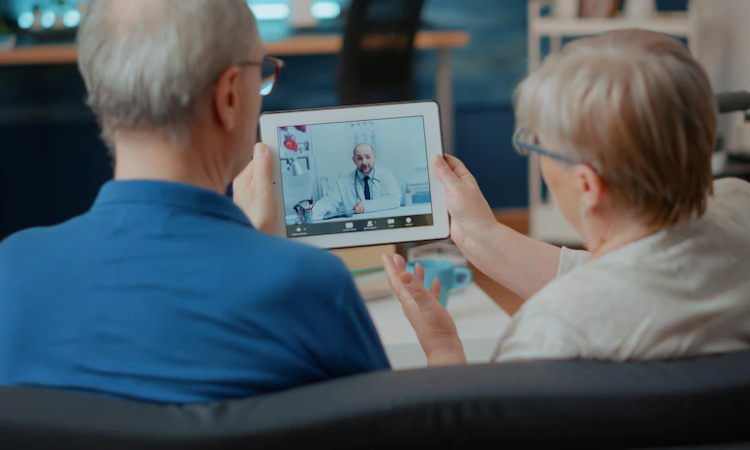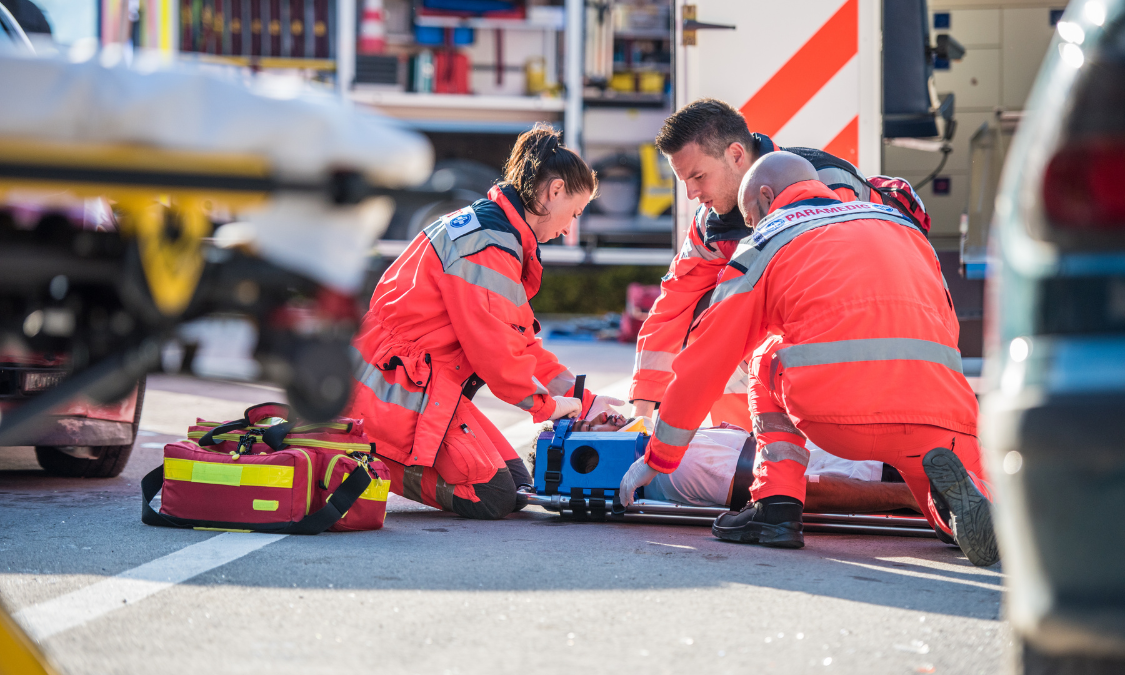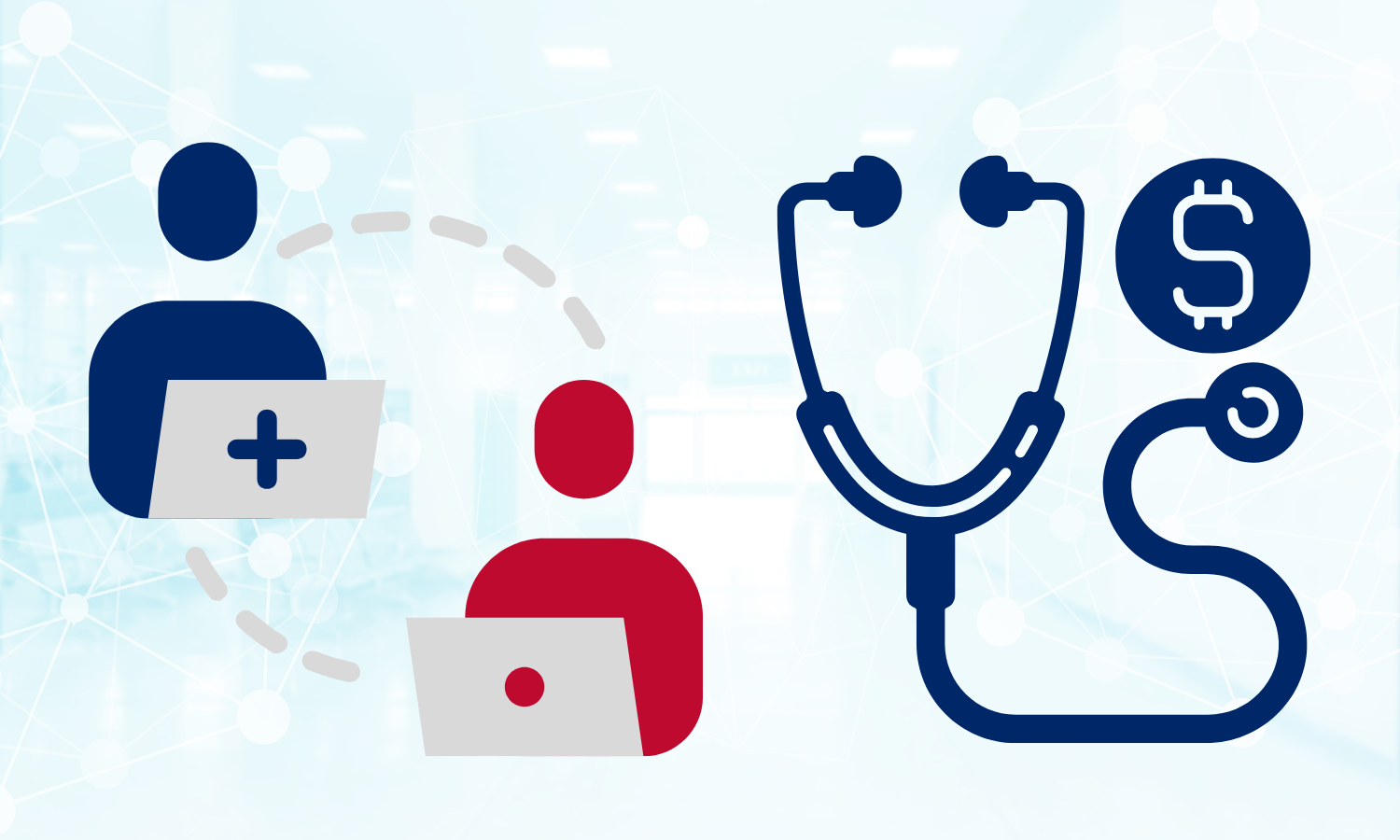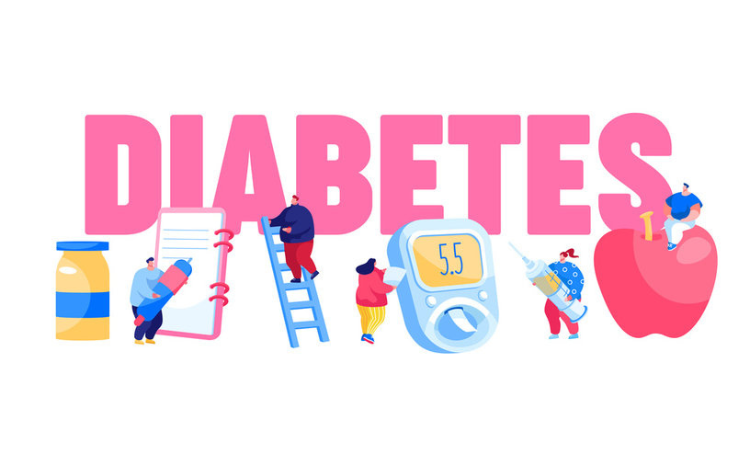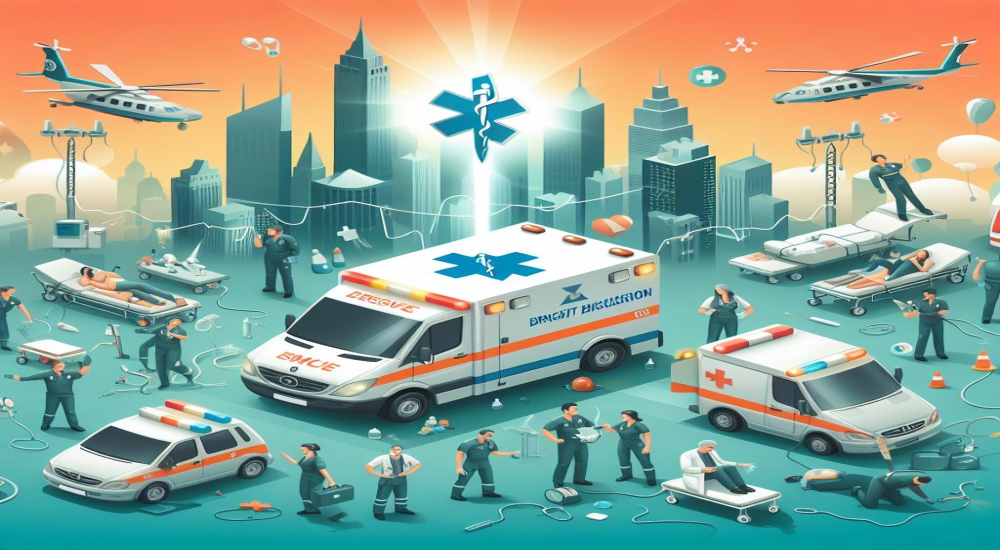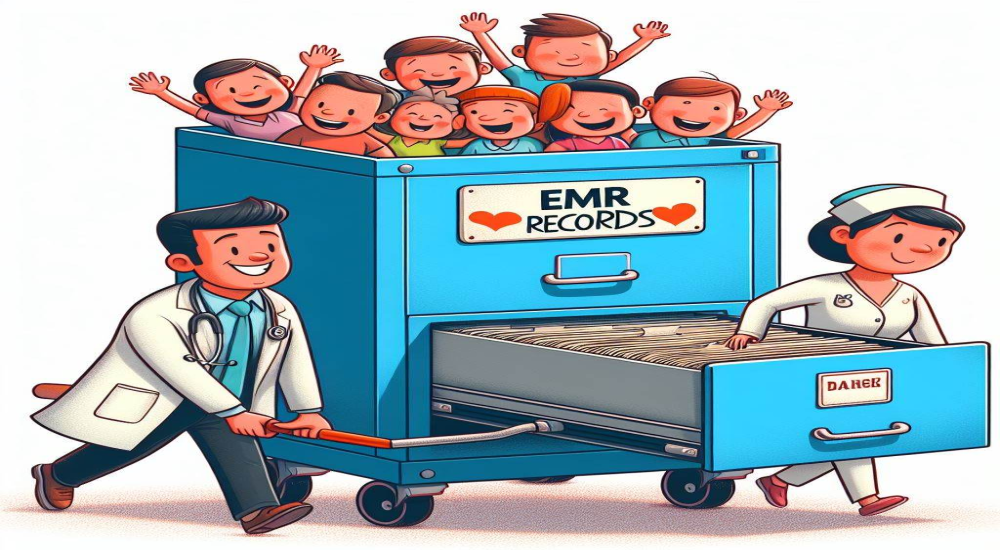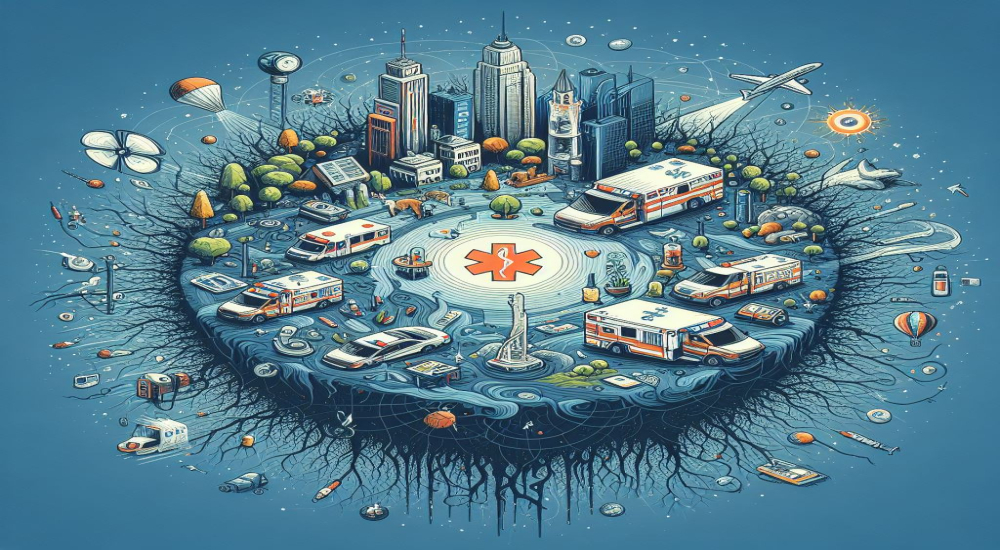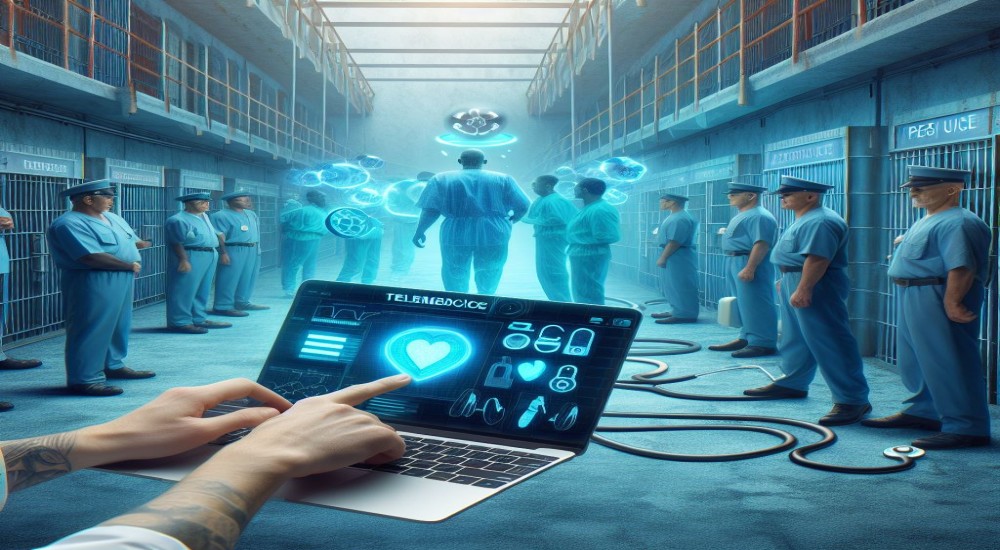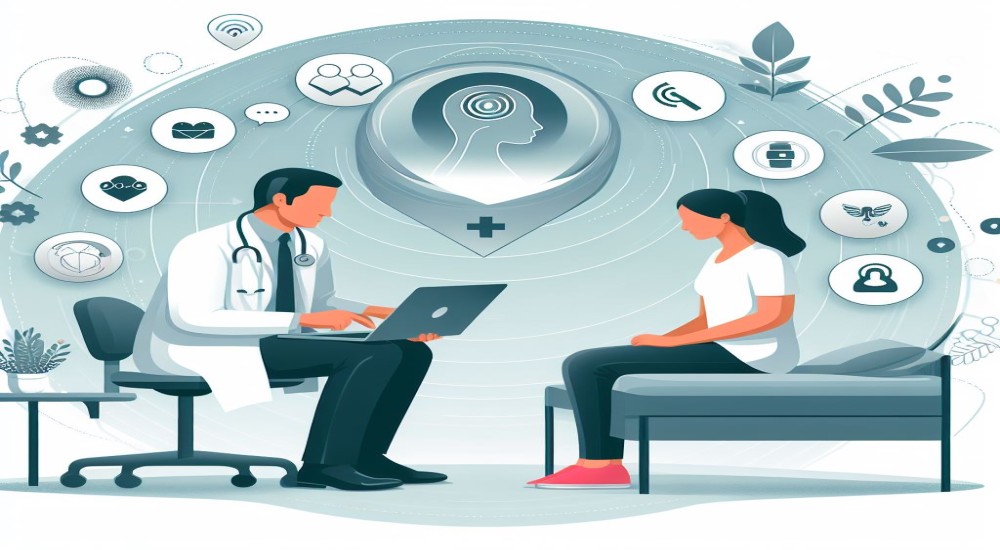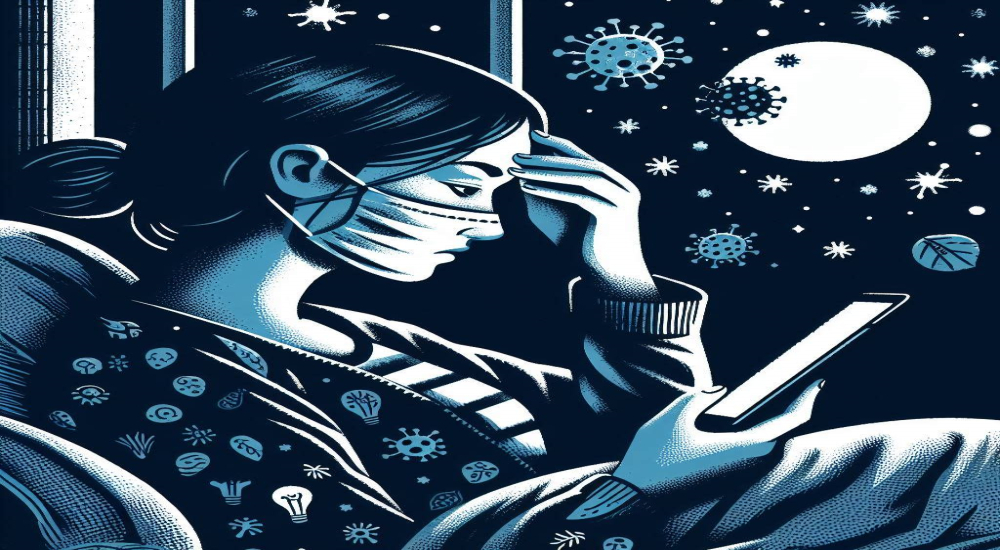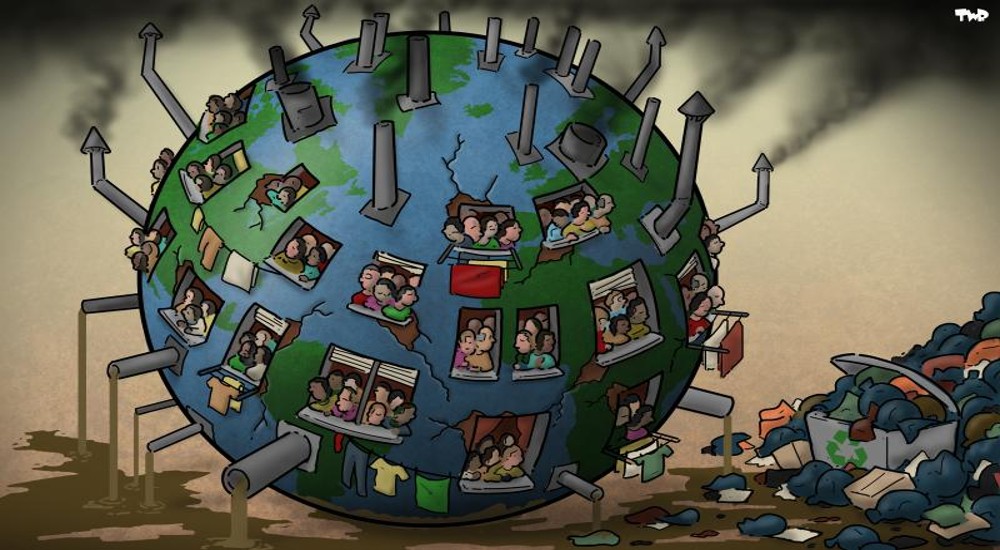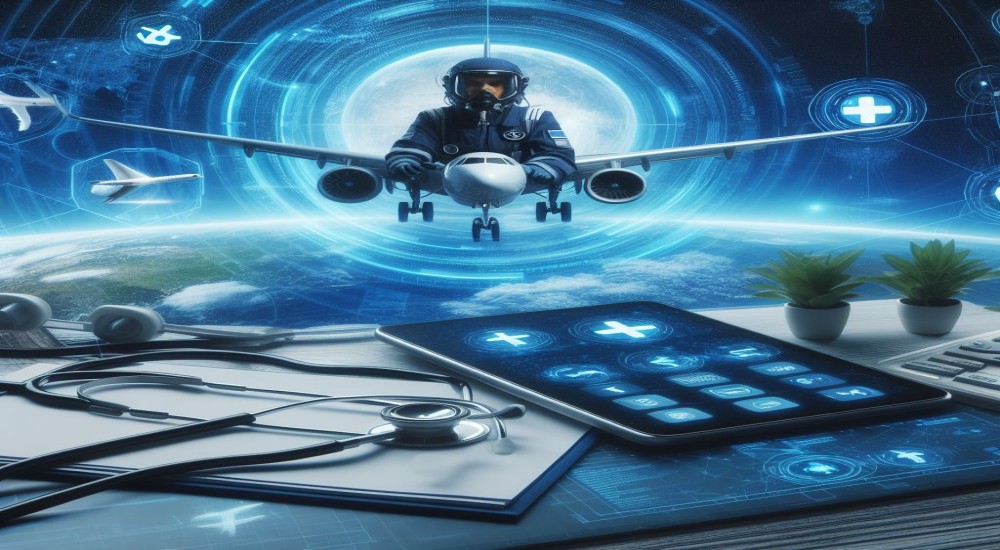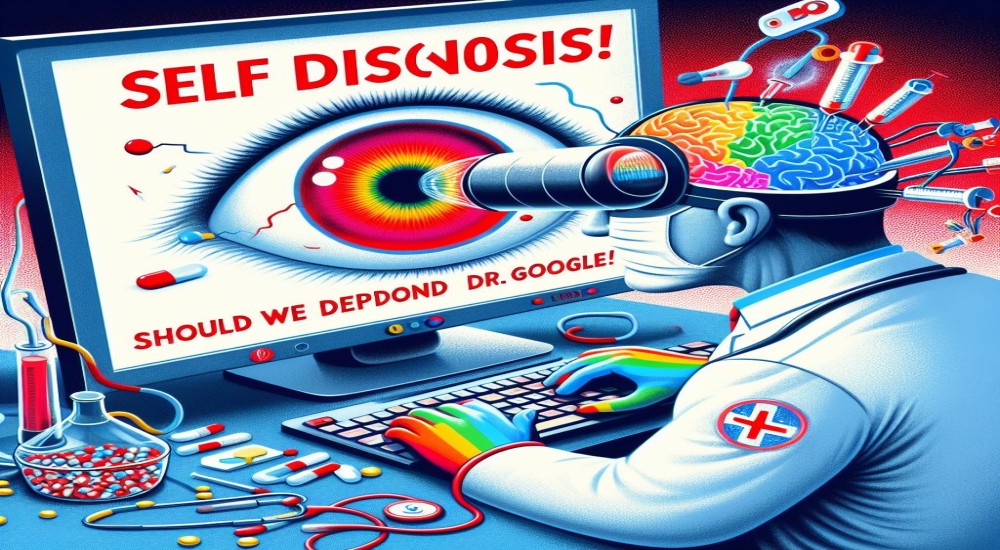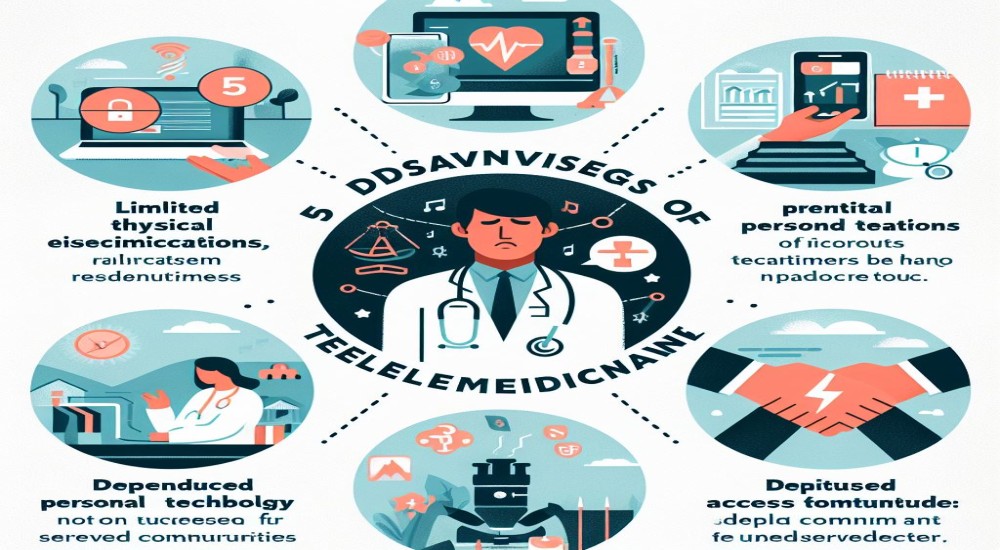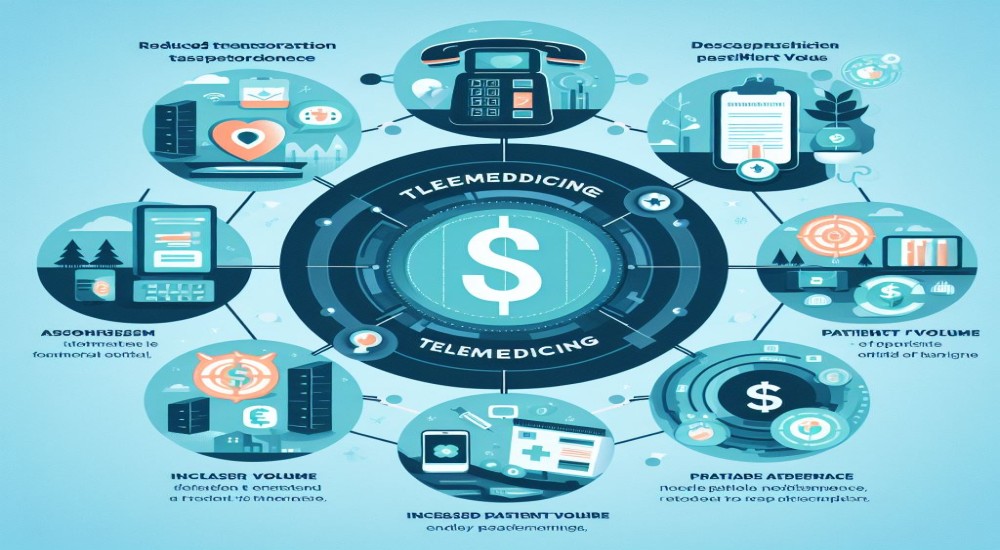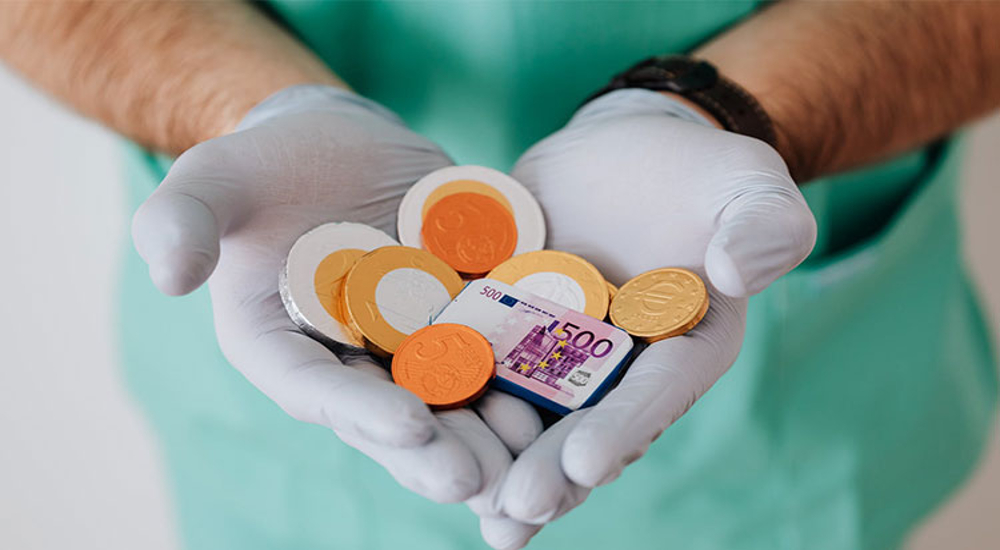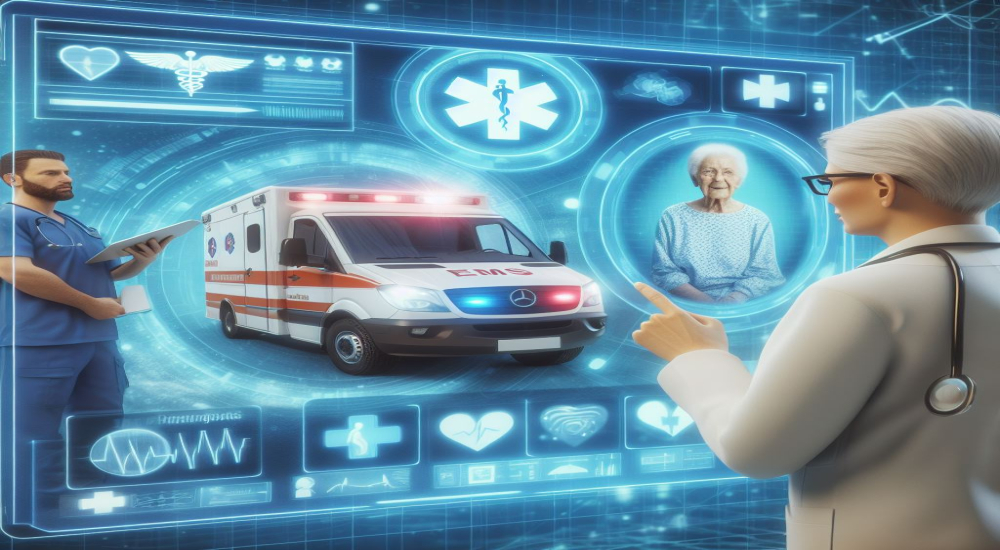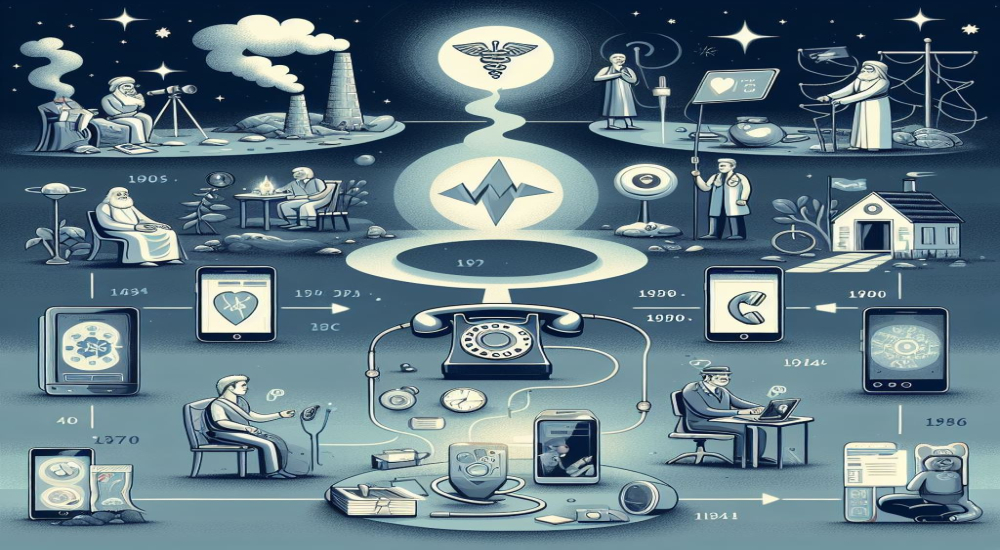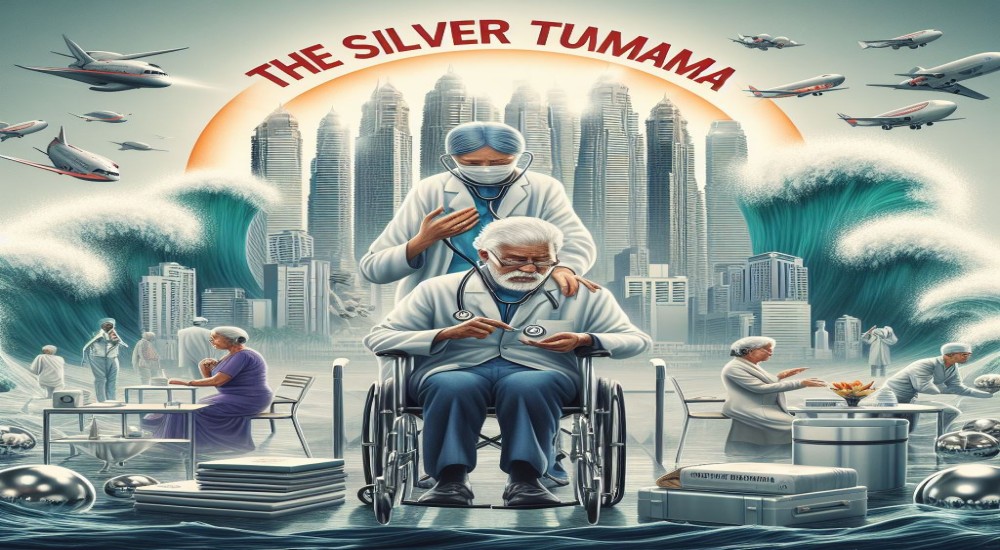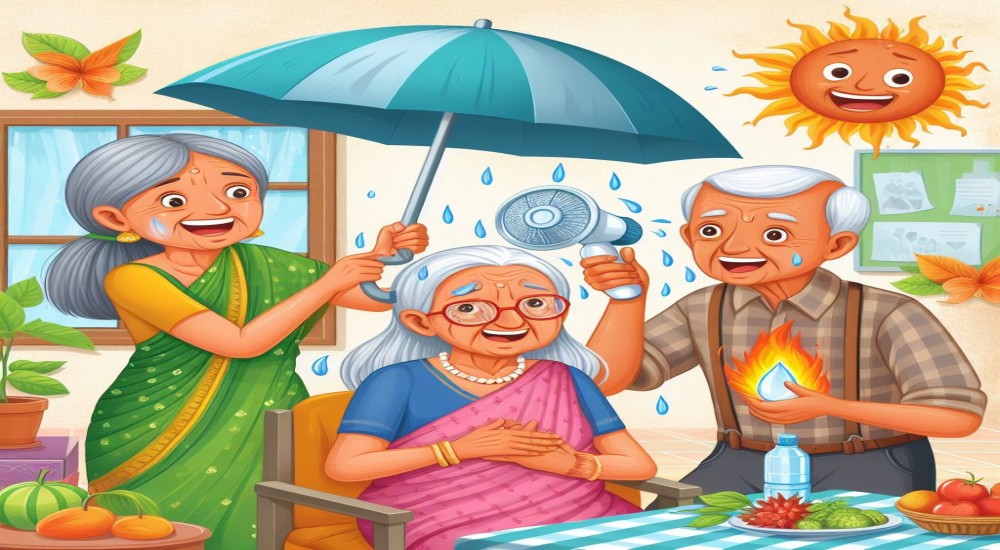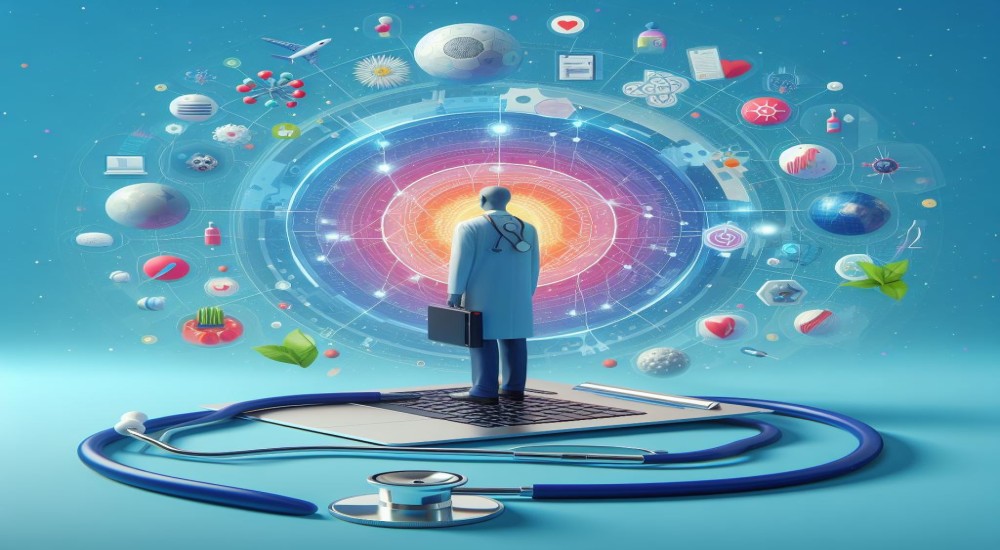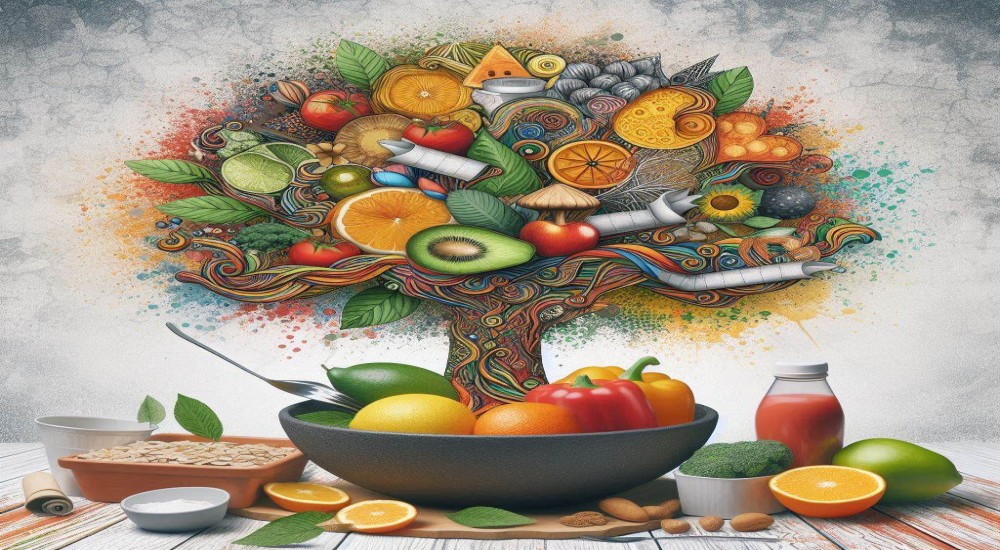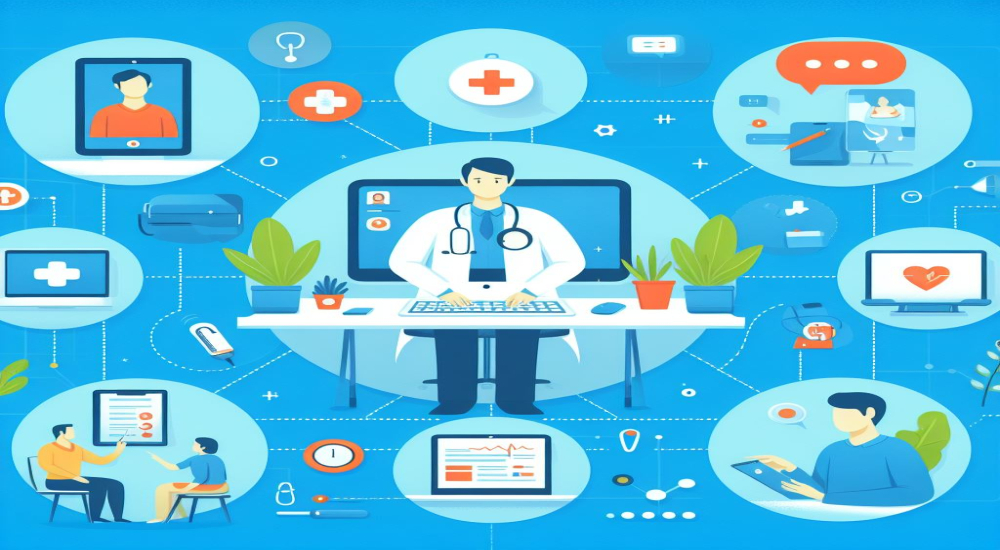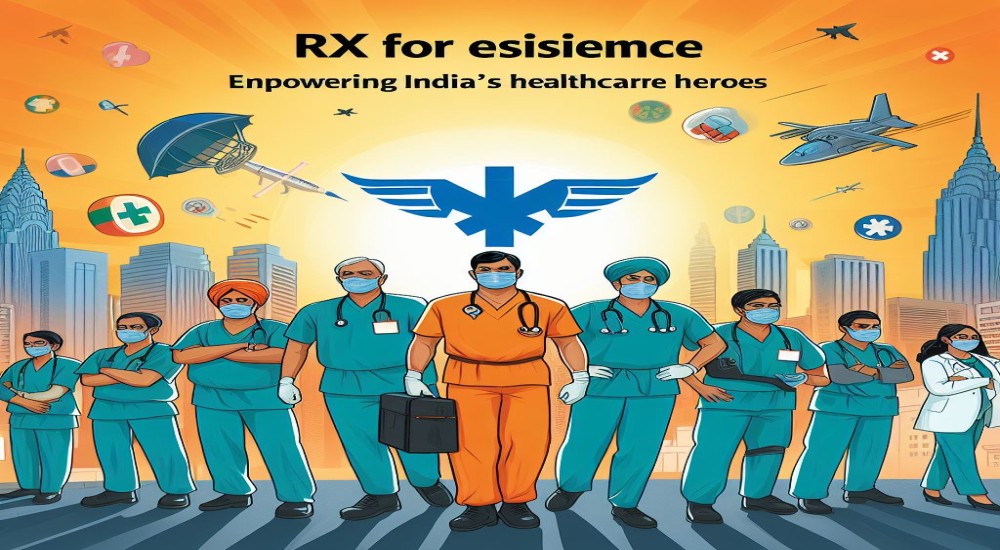Healthcare monitoring is Vital for Hospitality.
Hospitality: An industry in Crisis..!
It's hard to find any part of our lives or economy that has been untouched by the infectious hands of the Covid-19 pandemic. However one of the hardest hit industries globally is the hospitality sector. From big time resorts, hotel chains and multi national entities to the mom and pop shops, eateries, stalls, roadside vendors and cloud kitchens all the units of the food, beverage and hospitality industry have been affected. Fear of infections and loss in manpower has led to severe shortages that have left many businesses reeling and many more shuttered for good.
This effect has been compounded by the frequent lockdowns, mandatory travel bans and the mass movement of migrant laborers and floating workers back to their home towns. The recovery of the industry has been greatly impacted by the informal nature of much of the workforce and the industry wide transportation issues that affected the movement of goods and raw materials such as vegetables, milk, meats etc. Hotels play a massive role in the income and value generation in each country.
How the industry contributes:
- Hiring a diverse workforce with varied backgrounds and specialties.
- Creating a key link in the supply chain industry as both consumers of raw materials and suppliers of processed food.
- Creating multiple low, medium and high income jobs in a location.
- Bringing cultural value to neighborhoods by introducing new cuisines.
- Affecting the property values by their presence.
- Offering affordable and variable items apart from home cooking to the public.
- Innovating and employing advertisers and other tertiary scale workers.
- Allowing for the mobilization of workforces across large distances.
- Creating credit and cash in a microeconomy and macro economy.
The current crisis:
The big hotels, resorts and tourism destinations mainly thrived on the influx of tourists, this was basically nullified thanks to rigorous and prolonged travel bans that were in force during the height of tourism season in many countries. The emergence of new and more transmissible variants such as Delta & Omicron have created fear of travel for pleasure and kept a struggling industry still gasping for air. Many countries including India saw the mass closures of small and medium sized eateries in the thousands, this in turn put a massive strain on the supply chain industry as a large number of regular buyers of perishable goods suddenly vanished. Some products that were affected were Vegetables, milk and milk products, meats, flowers, spices, condiments, ice, flowers, fish and eggs etc.
This loss has had a domino effect by affecting the wholesalers, transportation sector, the middlemen and reaching all the way back to the farmers and drastically reducing the prices of essential goods. A large number of floating workers were left with no work and no salaries for the foreseeable future and they were forced to travel back to their home towns thousands of kilometers away however they could. The travails faced by these migrant workers was covered extensively by the media and even inspired a spurt of questions in the UPSC exams of that year.
COPING WITH THE NEW CLIMATE
Adversity breeds opportunity and change. In the same way many businesses shifted to the online and ecommerce models. Hotels started to migrate towards food delivery aggregators such as Zomato and Swiggy, Many restaurants started their own websites and phone based apps for deliveries, Bars changed their menus to prioritize food sales via delivery and started up mocktails instead of alcoholic beverages. Restaurants also innovated by reducing their full menus to selective items only based on popularity and availability of ingredients. Use of freelance delivery services such as Dunzo skyrocketed.
Cloud kitchens adapted by creating customized menus for delivery while Hotel Associations and workers unions reached compromises on pay. The national and local bodies for the industry successfully lobbied the government to stave of loan insecurity and defer payments to later dates. Impetus packages were initiated and distributed for aiding in the recovery of the industry.
When polled both visitors and investors were mainly concerned about increased safety measures and health monitoring in restaurants and in hotels. This has now become the norm as the industry has morphed to adapt to remote healthcare monitoring of employees and guests on a frequent basis. The use of digital handheld medical devices to record vitals such as temperature and oxygenation have become commonplace. Many resorts have embraced Health Kiosks and Healthcare stations with remote health monitoring devices plugged in. Maintaining a fulltime medical staff might be an expensive option and can be easily substituted in the form of Teleconsultations.
Linking your business to a doctor, hospital or other healthcare provider via Teleconsultation is very easy. Many private e-medicine and Telehealth solutions providers have unique products that can remotely monitor the health and wellbeing of both staff and guests.
In a shifting pandemic climate we have to adapt to survive and our tenacity can thankfully be matched and aided by technology. The ways we apply them and their deployment can help decide a more profitable course for the industry.
